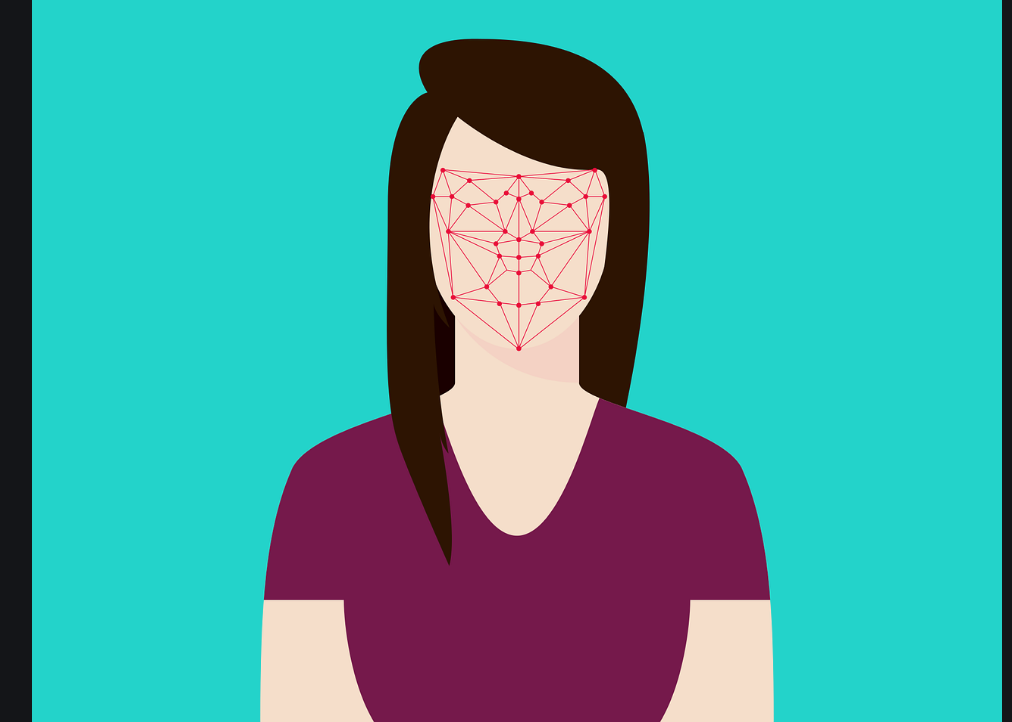
Groups, including legislatures, are questioning the use of facial recognition in law enforcement.
Lawmakers Question Use of AI Facial Recognition Tech by Cops
Imagine you are an immigrant in the U.S. Now imagine you are in one of several states that allow or encourage immigrants to get a drivers license. So you try to cooperate and go to the local motor vehicle department to give them your information and get your official license. All the while you believe you are following the procedure to allow you to stay in the country while your case is being processed.
Then one morning, ICE agents show up and haul you away to jail. Here is the story of the incident in Maryland, which came about due to facial recognition software being used with or without legal permission.
Khari Johnson wrote the venturebeat.com story about a family that was exposed to this kink in the legal process while trying to become legal citizens.
A few weeks ago, Maribel Cortez was at home in Rockville, Maryland with her husband and five children when one of her kids opened the door. Immigration and Customs Enforcement (ICE) officers proceeded to arrest her husband in front of the family.
“They didn’t give any explanation. It wasn’t until they were detaining him and putting him in the car that [officers said they were] arresting him because they obtained the information in regards to his [driver’s] license,” she said, speaking through a translator.
Maryland began issuing driver’s licenses to immigrants in 2013. On Wednesday, the Washington Post reported that ICE searched the state’s immigrant driver license photo database of millions of drivers multiple times without a warrant. ICE has searched these databases in states like Utah in the past, but the report says the Maryland incident may demonstrate the agency’s ability to search a state driver’s license photo database without gaining approval.
Multiple immigrants shared similar stories with immigration rights groups and reporters, but it’s unclear how often ICE accessed the Maryland database, since the state has no auditing system to keep track of such searches, either inside Maryland or in other states. According to Georgetown Law analysis, dozens of states currently have memorandums of understanding with the Department of Justice to provide access to driver’s license databases.
State Senator Clarence Lam, who sponsored Senate Bill 649, testified that states like Washington and New York have laws requiring a warrant for ICE access. The Maryland bill was tailored to exclude other Department of Homeland Security (DHS) agencies, like Customs and Border Protection (CBP) and the Transportation Security Administration (TSA).
In response to testimony, Senator Ronald Young (D-Maryland) on the Judiciary Committee questioned whether a law like SB 649 could lead to retaliation by the federal government and whether it’s risky to enact legislation that prevents cooperation with federal agencies. Young requested further input from the state attorney general and asked directly whether President Trump would instruct the FBI to carry out searches on behalf of ICE.
Remember this isn’t the first time that this overreach has been reported regarding the use of facial recognition tech. And also keep in mind that it could be used on our streets and most likely it is already in use without the public even being aware of it in some areas. Several jurisdictions, like San Francisco, have already passed legislation and instituted rules to protect citizens from government/police overreach with this tech.
As we reported in Seeflection.com, China has put this tech to use on its citizens and in businesses. The system China has can record and penalize citizens for something as simple as jay-walking and all of it done digitally. In a matter of split seconds, they can identify a person, photograph them jay-walking and send them the ticket and or penalty in the mail.
Even those who agree with the policing efforts to restrict the flow of illegal immigrants may find it chilling that the system that harasses them can easily be used to affect anyone.
Before his death last year, Congressman Elijah Cummings led a bipartisan effort in the House Oversight and Reform Committee to examine facial recognition use by law enforcement and regulate government use of the technology. That’s only the begining of the kind of oversight that should be considered with this invasive technology.
read more at venturebeat.com







Leave A Comment